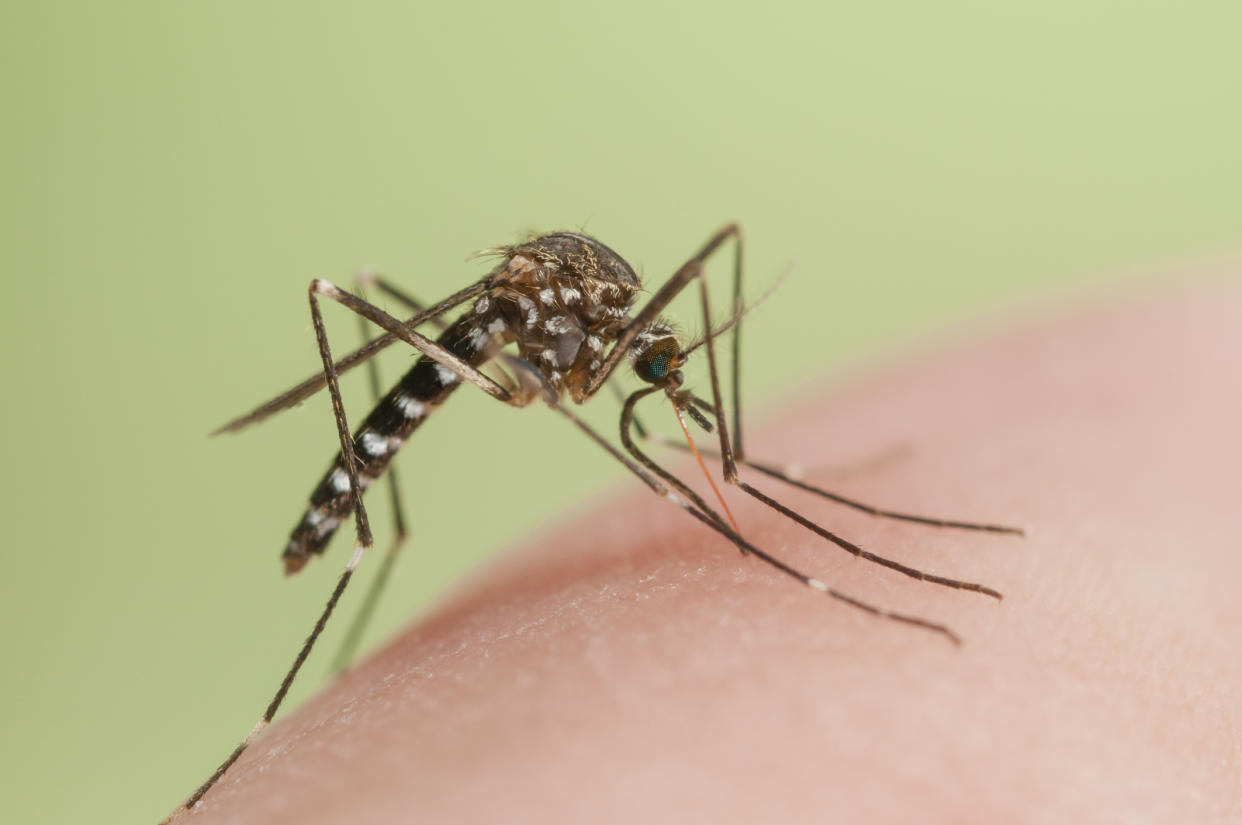Zika May Be Back in the U.S.

Texas health officials have reported what they believe to be the state's first 2017 case of local Zika virus transmission.
A statement Wednesday by the Texas Department of State Health Services says the person hasn't traveled outside his home area recently, so the virus was probably transmitted by a mosquito in the last few months. The infected person is a resident of Hidalgo County in the lower Rio Grande Valley of South Texas.
A U.S. Centers for Disease Control and Prevention (CDC) spokesman says that if the agency confirms the case resulted from a local transmission, it would be the first this year in the U.S.
Six cases of local Zika transmission were reported last year in Texas. Zika can cause severe birth defects in babies of some women infected during pregnancy.
If you're currently in this area and anxious to avoid Zika transmission, Texas health officials suggest you use an EPA-approved insect repellent every time you go outside; rely on air conditioning or window and door screens to keep mosquitoes out; limit outdoor activities during daylight hours, when the CDC says Zika-carrying mosquitoes are out and about; cover exposed skin with long pants and long-sleeved shirts whenever possible; remove standing water (where mosquitoes lay eggs) in and around your home so mosquitoes can’t reproduce; and use a larvicide in water that can’t be drained to keep mosquitoes from developing into biting adults.
Here's what you need to know about Zika if you are pregnant (or trying), why you should still be cautious even if you're not trying to get pregnant, and the CDC's up-to-the-minute map of regions where Zika is actively being transmitted.
Additional reporting by Elizabeth Narins.
You Might Also Like
